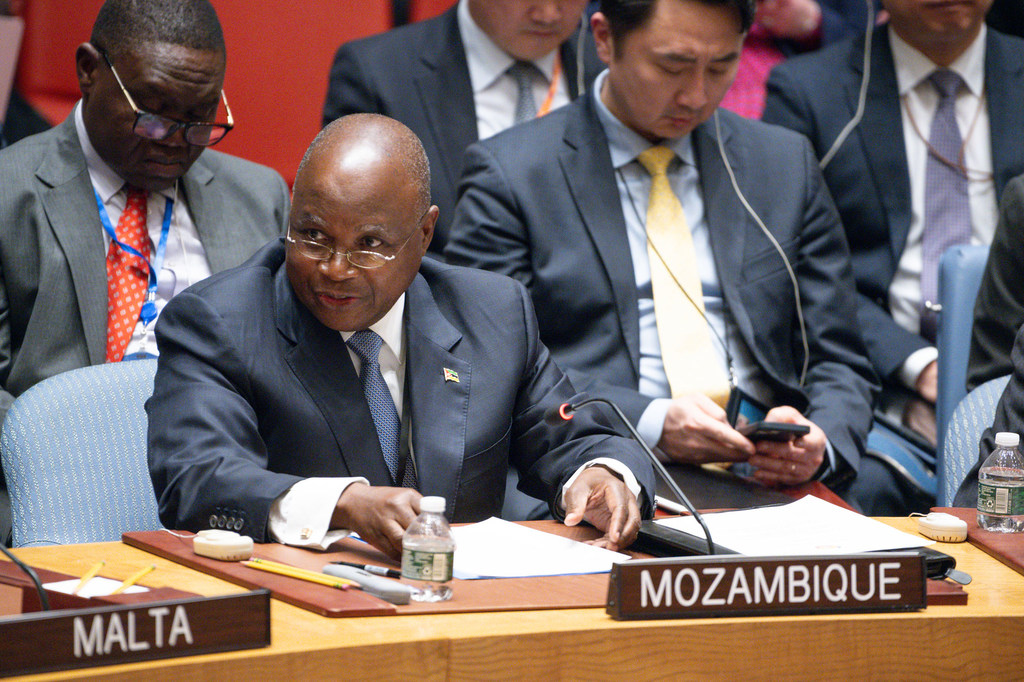Health system ‘barely surviving’, as OCHA calls for Gaza aid restrictions to end

Gaza’s health system is ‘barely surviving’ after more than five months of Israeli bombardment, the head of the UN World Health Organization (WHO) said on Thursday.
In a social media post, Tedros Adhanom Ghebreyesus said that only 10 out of 36 hospitals are now partially functioning in the enclave.
Al-Amal hospital in the southern city of Khan Younis closed on Tuesday, Tedros noted, after media reports indicated that Israeli troops forced medical teams and patients to evacuate.
The development came as the UN aid coordination office OCHA underscored that obstacles continue to prevent the flow of humanitarian supplies throughout Gaza – and as the UN’s top rights official said it was “plausible” that Israel is using starvation as a weapon of war in the enclave.
‘Brutal obstacle course’
In a tweet, OCHA described the delivery of essential aid as tantamount to a “brutal obstacle course”, calling on Israel to end restrictions.
Some 1.1 million people in Gaza face “an extreme level of food insecurity” and there is no alternative to the large-scale transportation of aid by land, especially for those facing the prospect of widespread famine in the north.
The UN relief agency for Palestinians (UNRWA) tweeted that the “clock is ticking fast towards famine in Gaza” and that, although the agency is the backbone of the humanitarian operation, its food convoys “are prevented from reaching the north, where famine is imminent.”
Jonathan Fowler, Senior Communications Officer for UNRWA, described the north as the epicentre: “we simply need to have access to get food supplies in.”
Civilian death toll rises in South Lebanon
Airstrikes by Israel and rocket barrages by Hezbollah militants along the border region with southern Lebanon on Wednesday, linked to the war in Gaza, led to the deadliest day in months of escalating tensions along the frontier.
In a statement released on Thursday, UN Humanitarian Coordinator for Lebanon, Imran Riza, said that “the tragic events of the past 36 hours have resulted in a significant loss of life and injuries” in the southern region.
“Up to 11 civilians were killed in a single day, including 10 paramedics. I am deeply disturbed by the repeated attacks on health facilities and health workers who risk their lives to provide urgent assistance to their local communities”, he said.
Rocket fire by Hezbollah reportedly killed an Israeli man on Wednesday. Tens of thousands of civilians on both sides have been displaced since the 7 October attacks.
Mr. Riza reminded that attacks on healthcare “violate international humanitarian law and are unacceptable.”
Security Council resolution ‘binding and mandatory’
Meanwhile, high level diplomacy to end the fighting and spillover from the war in Gaza continues, in the wake of Monday’s Security Council resolution demanding an immediate ceasefire during the holy month of Ramadan – the first to avoid a veto.

Following the US abstention in the vote, Ambassador Linda Thomas-Greenfield referred to the resolution as “nonbinding”, a view reiterated by other senior officials in Washington.
Speaking to UN News Portuguese service on Wednesday, Pedro Comissário, the Ambassador of Mozambique to the UN, called for all States to respect Monday’s Security Council resolution.
Mozambique introduced the resolution on Monday on behalf of the 10 elected members of the Council (E-10) who drafted the short text.
“Resolutions issued and adopted by the Security Council are, of course, binding and mandatory. This is the reason why we have the Security Council,” he underscored.
“Otherwise, it would have made no sense. Our hope is that all Security Council members, and those to whom the resolution is addressed – I’m talking about Israel, the Palestinian Authority and all other states – will be in a position to respect and implement that resolution. [Not implementing the resolution] is a defiance against the Charter of the United Nations, against our human conscience, against all that makes us human beings”.
Mr. Comissário referred to the symbolism of the adoption of the resolution, and the hope that it will lead to peace: “The main issue is to cease the conflict in Gaza, to free all hostages detained by Hamas, and to allow humanitarian assistance to flow so that we can provide an adequate assistance to the Palestinian people and in particular to the people in Gaza”.














Comment List